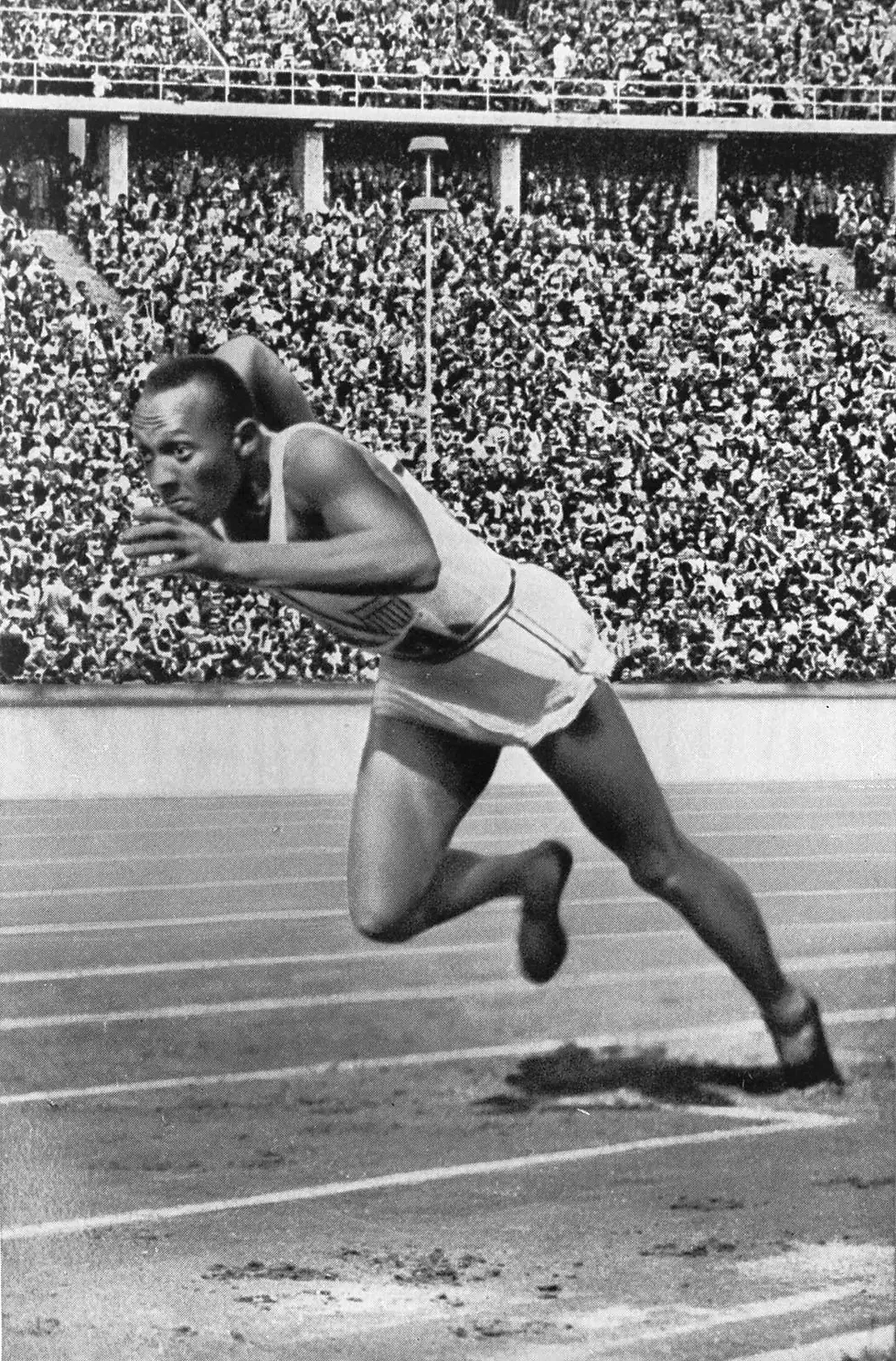Allyson Felix: Speed, Motherhood, and Redefining Greatness
- insidetherings
- Jul 7, 2025
- 3 min read
In the history of the Olympic Games, few names shine as brightly or as boldly as Allyson Felix. She is not just a sprinter. She is not just a mother. She is not just a champion. She is a force of nature—an unstoppable embodiment of speed, resilience, and the evolving meaning of greatness.
When the world first saw Felix burst down the straightaway as a teenager in Athens in 2004, it was clear she was something special. Long, fluid strides. Poise under pressure. A quiet determination that roared louder than any crowd. At just 18 years old, she claimed her first Olympic medal—silver in the 200m. But that was only the beginning.

Over the course of five Olympic Games, Allyson Felix would go on to win seven golds and four silvers, surpassing legends like Carl Lewis to become the most decorated American track and field athlete in Olympic history. Her total? 11 Olympic medals. That number is more than a record—it's a declaration. A declaration that greatness isn’t static. It evolves.
And no one has evolved like Allyson Felix.
But it wasn’t just the medals that made her iconic. It was what she stood for when the race ended.
In 2018, Felix became a mother. And that journey was not smooth. Diagnosed with severe preeclampsia, she delivered her daughter Camryn via emergency C-section at just 32 weeks. For the first time in her career, Felix wasn’t just fighting for the finish line. She was fighting for life—hers and her daughter's.
Motherhood changed her. It made her stronger, not slower. It gave her new perspective, not pause. It taught her that sometimes the most powerful thing a woman can do is keep going when the world expects her to stop.

Nike didn’t believe in her comeback. They slashed her sponsorship and questioned her ability to return. So what did Felix do? She built her own brand. She created Saysh—a shoe company designed by and for women, rooted in the belief that female athletes deserve better. She laced up in her own spikes at the Tokyo 2020 Games (held in 2021) and walked away with two more Olympic medals—including bronze in the 400m, her first individual medal as a mom.
That bronze was more than metal. It was a monument to what’s possible when you refuse to quit.

In Tokyo, the world saw a different kind of greatness. Not the kind that fades with age or bends under pressure. But the kind that adapts, that overcomes, that redefines. Felix proved that greatness is not just about crossing the finish line first—it's about what you carry with you as you run.
She carried a premature baby. She carried expectations. She carried doubt. And still, she flew.
“I think sometimes we limit ourselves by what we think we’re supposed to be. I want to show that we can be more.”
Allyson Felix is more. She’s speed. She’s strength. She’s motherhood. She’s a legacy. She’s a mirror reflecting what’s possible when grace meets grit, when purpose fuels passion, and when a champion decides that the race doesn’t end at the track.

Her story is not just about medals. It’s about movement—not just with her legs, but with her life. She has moved hearts, changed minds, and inspired generations.
In every stride she’s taken, from Athens to Beijing to London to Rio to Tokyo, Felix has redefined what it means to be great. And now, off the track, she's building lanes for others to follow.
Because greatness isn’t just measured in seconds. It’s measured in impact. And Allyson Felix has created a legacy that will endure far beyond the stopwatch.
She didn't just run. She redefined the race.




Comments